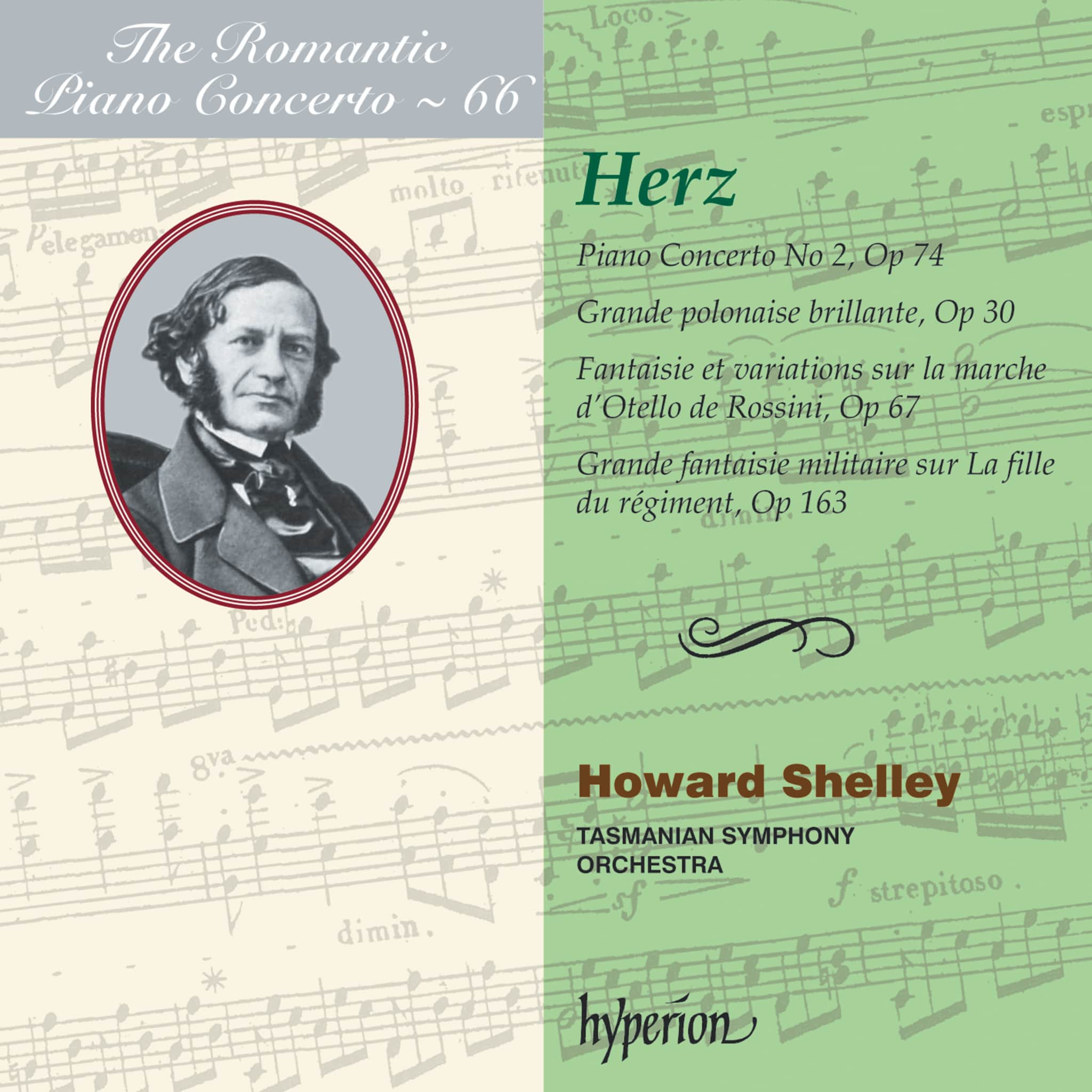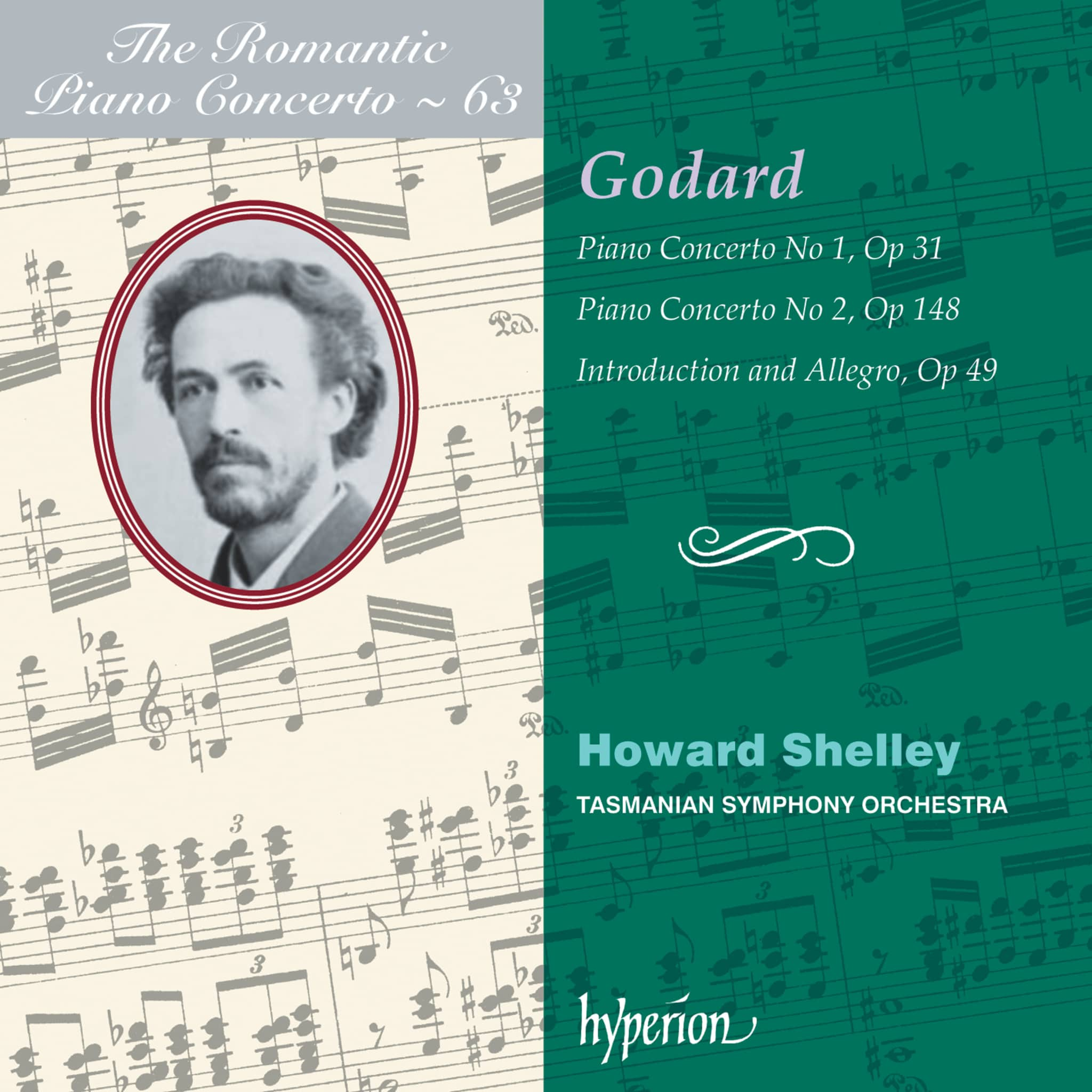When Henri Herz is mentioned in reference works, he is usually described as an insignificant figure who deserved to be forgotten as a composer. While his exceptional dexterity at the piano is acknowledged, his more than 200 works are considered worthless. However, the question arises as to how Herz's compositions can even be evaluated, given that they have neither been printed nor performed for over a century. One can assume that our current opinions stem from 19th-century commentators with entirely different aesthetic views than our own.
Born Heinrich Herz in Vienna on January 6, 1803, he began his studies at the Paris Conservatoire in 1816, where he won first prize in piano playing in his very first year. Heinrich became the French Henri, and Paris remained his home for the rest of his life. He pursued a multifaceted career as a pianist, composer, teacher, inventor, and piano maker. Although Herz already held a professorship at the Conservatoire in 1841 and ran his own piano factory in the mid-1840s, he appeared to be under financial pressure at that time.
In 1846, Herz accepted an invitation to the United States, where he was the first prominent pianist to perform. His success was so great that he remained in America until 1851, traveling through California and the West Indies before returning to Paris a wealthy man. He died in 1888—the year of Alkan's death, and the year Mahler's Symphony No. 1, Franck's Symphony in D minor, and Strauss's Don Juan were composed. His music had lost some of its popularity by then, but, as recordings demonstrate, it retains its value to this day. Further information about Herz can be found in booklet no. 35 of the Romantic Piano Concertos series from Hyperion (CDA67465).
Herz's Piano Concerto No. 2 in C minor, Op. 74, composed around 1830, was still very popular when it arrived in America. At its performance in New York on October 29, 1846, he received thunderous applause for the brilliant Rondo. America's first influential music critic, John Sullivan Dwight, was impressed by Herz's piano playing, praising both his refined technique and his expressive performance.
Jeremy Nicholas © 2015










